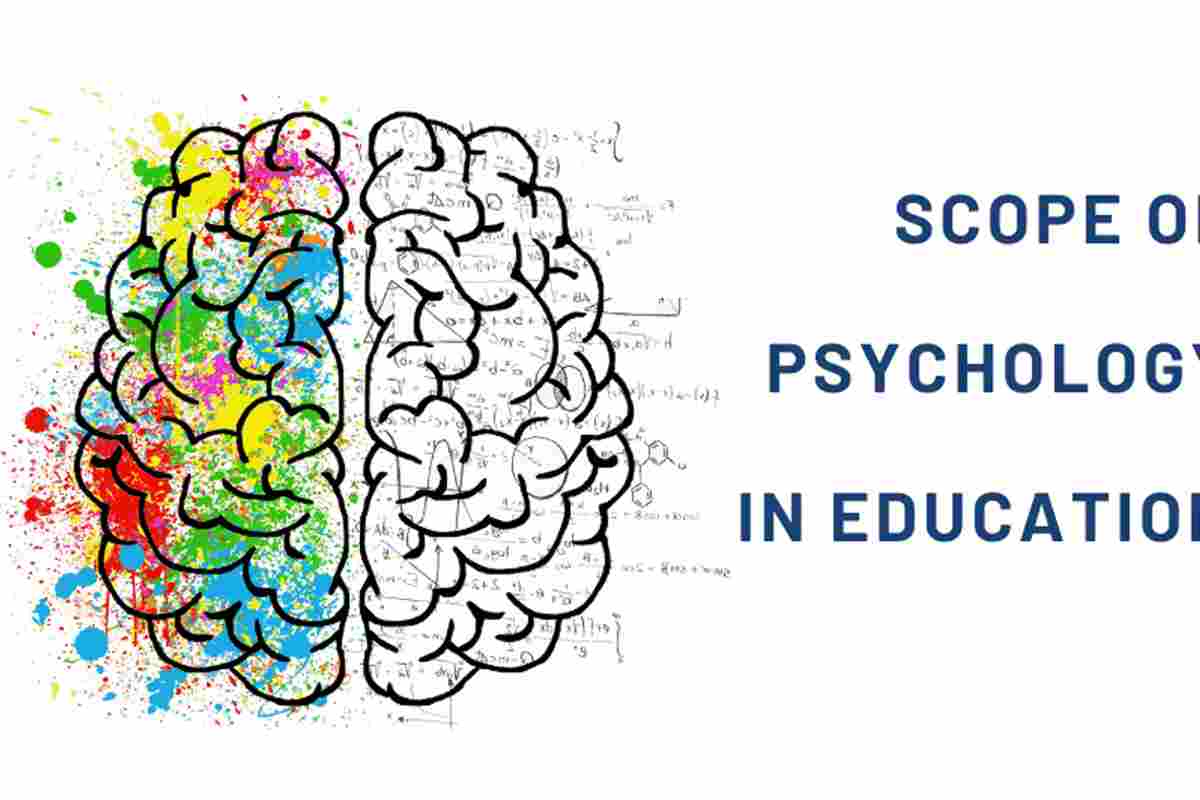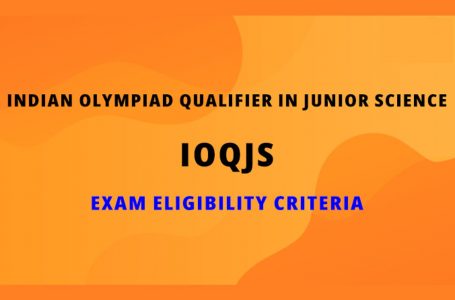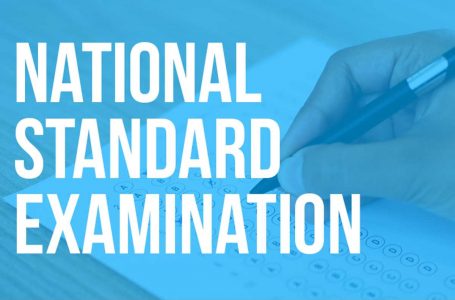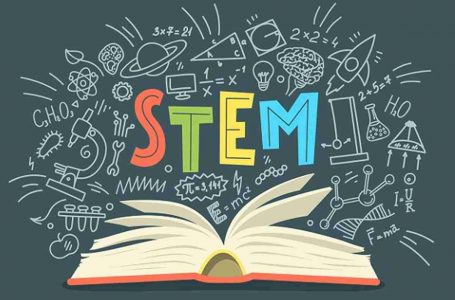What is Educational Psychology

Educational psychology is a discipline of psychology that studies the early childhood and adolescent learning processes. It studies how individuals learn, including teaching techniques, instructional processes, and individual learning variations. In addition, it investigates the cognitive, behavioral, emotional, and social factors in learning.
Educational psychologists utilize their knowledge of how individuals learn to create instructional techniques and assist students in succeeding in school. Educational psychology research aims to improve learning, and educational psychologists explore and discover innovative educational approaches to help instructors, students, and anybody attempting to acquire a new skill.
Educational psychologists strive to discover new ways of learning and thinking, such as determining the most effective strategies to teach students and children with unique learning issues such as attention deficit hyperactivity disorder (ADHD), dyscalculia, or dyslexia. Investigating how effectively people learn in various environments.
Evaluating and examining instructional techniques, as well as resolving learning challenges. Investigating how genetics, environment, socioeconomic class, and culture influence the child’s learning pattern.
Table of Contents
History of Educational Psychology
Although the study of educational psychology is a relatively new discipline, the study of how individuals learn has long interested academics. However, since psychology did not become a distinct discipline until the late 1800s, educational philosophers were primarily responsible for the early interest in educational psychology. For example, in the fifth century B.C. Democritus wrote on the impact of a person’s upbringing on learning, while Plato and Aristotle spoke about educational psychology subjects like:
- Different approaches to education
- Individualized education
- Arts education’s influence on human development
- Role of a teacher and instruct
- Educating oneself without a master
John Herbart is considered one of the founders of Educational Psychology. According to Herbart, a student’s interest in a subject has a significant impact on the results of their learning. Therefore, when choosing the best education, educators should consider this.
William James, a philosopher, and psychologist, later made substantial contributions to the subject. “Talks to Teachers on Psychology,” published in 1899, is a textbook written by him and is considered his first work.
Alfred Binet, a French psychologist, created his renowned I.Q. tests simultaneously. The French government first created the exams to aid in identifying children who had developmental delays and developing special education programs.
John Dewey had quite a good influence on education in the United States. Progressive in his thinking, Dewey thought that students should come first in the classroom rather than specific subjects. He promoted active learning, saying that practical application was a crucial component of the procedure.
Perspectives/ Approaches of Psychology
Physiology is a vast field that has various perspectives. The approaches and perspectives of Physiology are discussed below:
-
Behavioral Perspective
The concept of behaviorism in educational psychology is influenced by the child’s conditioning, which may be both positive and negative depending on the environment and setting around them. The atmosphere in which a child has raised influences their psychology and aids them in learning and understanding.
The behavioral method may also include the use of rewards and punishments. For example, rewarding a student for excellent manners and performance would be an attempt to use behaviorism to drive students to achieve better and behave better.
However, the behavioral method has been criticized for neglecting to consider attitude, emotions, and intrinsic motivation for learning.
-
Cognitive perspective
This idea holds that an individual learns through motivation rather than relying on external influences and rewards. The cognitive approach to thinking is concerned with how humans think, learn, remember, and process information. This technique enables students to consider and understand their complex challenges, strengths, and obstacles.
Under this method, students are given power over their education. Education psychologists investigate how students learn by concentrating on their strengths and shortcomings to get better results.
-
Experimental Perspective
This viewpoint stresses how a person’s own life experiences shape them and how they interpret new information. This strategy helps someone discover personal significance in what they learn rather than feeling that the material is irrelevant to them. This approach has constructivist and cognitive views; it considers the learner’s experiences, thoughts, and feelings.
-
Developmental perspective
This viewpoint focuses on how developmental phases affect a child’s learning potential. The educational psychologist focuses on how children acquire new knowledge and skills as they grow. Because children think differently at different stages of development and become capable at each stage, the educational psychologist tries to understand better what the children are capable of at each stage of development.
This can assist the instructors in developing more inventive and educational ways and resources to educate a certain age category. Jean Piaget proposed the stages of cognitive development as an example of development theory that examines how children grow cognitively.
-
Constructive approach
This method is impacted by the social and cultural components of the world, which affect a person’s understanding and learning. This viewpoint focuses on how people actively develop their knowledge based on what they already know.
According to educational psychologists, what a person already knows and believes in determines how they acquire new knowledge. New knowledge may be contributed to and understood in terms of current information using this technique. The work of psychologist Lev Vygotsky, who introduced concepts of the zone of proximal development and instructional scaffolding, has strongly affected this viewpoint.
Topics studied under Educational Psychology.
Educational Physiology covers various topics listed below:
- Examining technology: How multiple sorts of technology might assist pupils in learning
- Instructional design: Creating excellent educational materials
- Special education is the assistance given to students who may require specialized instruction. Educational psychologists can lead teacher training sessions to assist instructors in developing their abilities, comprehending why particular learning techniques are more successful, offering personalized teaching, and setting reasonable goals for their students.
- Curriculum creation: Developing a curriculum that will optimize learning. They design the curriculum by collaborating with schools, organizations, and individuals to develop successful learning systems. Educational psychologists can help with the instructional design by assessing existing educational programs to see where a new curriculum can improve the old one.
- Organizational learning studies how individuals learn in organizations such as workplaces. Educational psychologists can examine institutions that are suffering with test results and assist them in improving their academic programs by identifying gaps that need to be filled to enhance test scores. In addition, educational psychologists can help with the creation of realistic standardized exams as well as study-related topics like how to reduce student anxiety about standardized testing.
- Gifted learners: Assisting students that have been designated as talented or who are challenged.
A career in Educational Psychology
For careers in this sector, a bachelor’s and master’s degree are often needed; to work at a university or in school administration, you could also need a Ph.D. An educational psychologist may also work in university or school administration. They can affect educational practices and support students in learning in the manner that best suits them in each of these positions.
Finding innovative methods for children and adolescents to learn and understand is the role of an educational psychologist. They spend a lot of time researching students; therefore, they primarily collaborate with academic institutions, including schools, educators, administrators, instructors, and students, to research and identify effective teaching and learning strategies. To make the learning process productive and effective, they closely interact with students and teachers as they build a new curriculum by monitoring and assessing the existing one.
An educational psychologist could even train to be a counselor, personally assisting individuals in overcoming obstacles to learning. However, due to their numerous challenges, specific individuals require more attention, so educational psychologists must develop new teaching methods to help them.
Some educational psychologists may research with the support of a government agency, investigating the most effective teaching strategies for students.
Conclusion
Through diverse techniques and methodologies, educational psychology has significantly contributed to education and helped many individuals overcome their shortcomings and barriers, making learning and understanding easier. It has always been an essential part of our world since we have worked to improve learning approaches. Many psychologists have contributed to the field of psychology.
It has always fascinated me how humans tend to increase their skills and discover new ways to improve their learning and understanding abilities. Educational psychologist invests their time with educators, teachers, and students to analyze their methods and make learning and teaching more accessible and more convenient.
It has aided individuals who are unique and challenging. Educational psychologists have used a variety of approaches and perspectives to address the problem of a curriculum that lacks effective and productive methods, and their work has earned a lot of attention in the educational area. Educational psychology is necessary for numerous fields like research, counseling, teaching, etc.
FAQ’s
- How does educational psychology help in the field of education?
Educational psychology has played a critical role in the field of education. It has made interacting with the intellectual process more accessible and convenient for teachers, educators, and students. To make schooling easier, many approaches are employed.
Educational psychology strategies aid specially challenged students as well. This discipline seeks to inspire students or children to educate and become more self-aware. Schools have already made significant advancements in psychology, yielding more excellent results.
- What are the approaches used in educational psychology?
- The Behavioral approach
- The Cognitive approach
- The Developmental Approach
- Experimental Approach
- Constructive approach
- What is the role of Educational psychologists?
Educational psychologists employ a variety of approaches to assist pupils in learning and understanding. They observe and analyze individuals and concentrate on the curriculum to provide students with practical and productive learning methods. They must examine the technology, instructional design, special education, curriculum development, organizational learning, and gifted learners.





